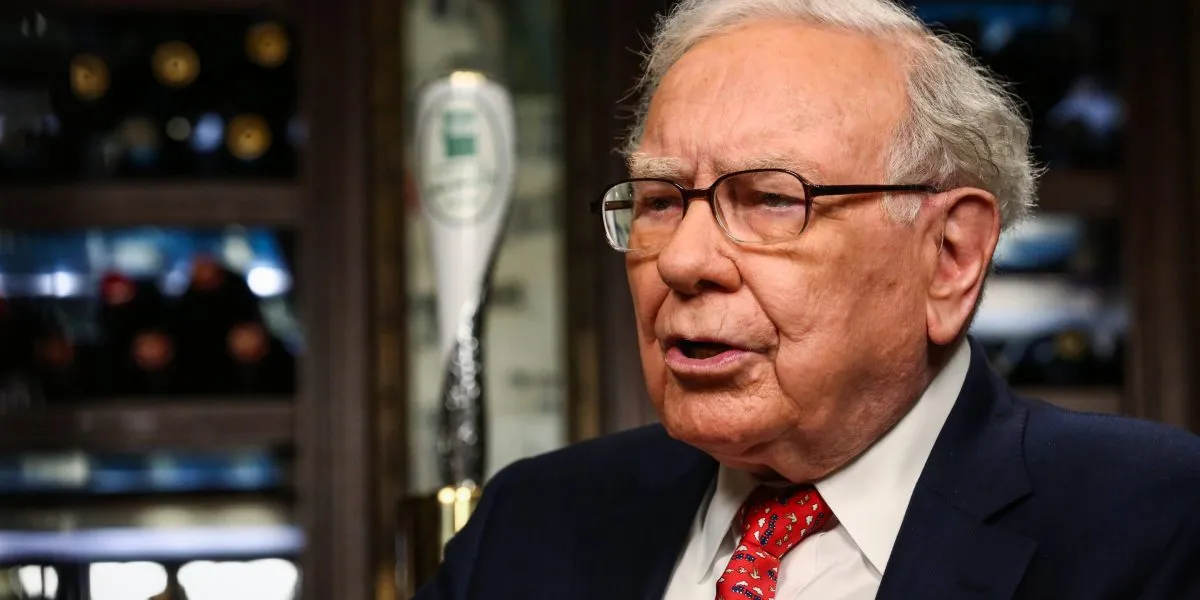
Warren Buffett, once recognized as the world’s richest man, currently maintains a net worth of approximately $150 billion, according to Bloomberg’s Billionaires Index. At the age of 95, Buffett has come to terms with the fact that some of his earlier philanthropic ambitions did not materialize as he had hoped. In a recent letter to shareholders, he reflected on his journey, stating, “Early on, I contemplated various grand philanthropic plans. Though I was stubborn, these did not prove feasible.”
Buffett’s candid acknowledgment of the challenges he faced highlights the complexity of wealth distribution and philanthropy. He expressed his observation of “ill-conceived wealth transfers by political hacks, dynastic choices and, yes, inept or quirky philanthropists,” leading him to reconsider his approach towards giving.
Rather than pursuing a singular, sweeping philanthropic initiative, Buffett has opted to distribute most of his remaining wealth to his three children’s charitable foundations. This strategy allows them to allocate approximately $500 million annually to various causes. Buffett elaborated on this plan in his letter, detailing a new round of substantial gifts:
$750 million in stock to The Susan Thompson Buffett Foundation, which provides scholarships to students in Nebraska. $250 million in stock each to his children's organizations, including The Sherwood Foundation, which aims to enhance the quality of life in Nebraska. The Howard G. Buffett Foundation, dedicated to addressing food security and mitigating conflict. The NoVo Foundation, led by his son Peter, which focuses on aiding historically marginalized communities.Buffett believes that his children—now aged 72, 70, and 67—are in their prime regarding experience and wisdom, making them well-suited to manage and guide his fortune. However, he recognizes the urgency of acting sooner rather than later, stating, “That ‘honeymoon’ period will not last forever.” This reflects his intention to accelerate his lifetime gifts while still maintaining a significant portion of his Berkshire Hathaway shares.
Despite his plans for philanthropy, Buffett intends to retain a substantial amount of his Class A shares until his chosen successor, Greg Abel, is firmly established as the leader of Berkshire Hathaway. “All three children now have the maturity, brains, energy and instincts to disburse a large fortune…” Buffett noted, emphasizing his belief in their capability. He further added, “Ruling from the grave does not have a great record, and I have never had an urge to do so.”
As Buffett signals a shift towards a quieter philanthropic approach, questions arise about the future of The Giving Pledge, a commitment he co-founded with Bill Gates and Melinda French Gates in 2010. The initiative encourages the ultra-wealthy to donate at least 50% of their wealth to charity; Buffett himself pledged to give away more than 99% of his wealth during his lifetime or at death. However, a report from the Institute for Policy Studies revealed that among the 256 signatories, only nine have fulfilled this commitment.
Buffett’s charitable contributions have exceeded $60 billion, primarily directed towards the Gates Foundation, which focuses on combating poverty and disease. However, recent reports suggest that Buffett’s relationship with Bill Gates has become strained, particularly as Buffett expressed concerns regarding the foundation's bureaucratic growth. Following the divorce of Bill and Melinda in 2021, Buffett stepped down from the board, which had been reduced to three members.
While the Gates and French Gates are rapidly progressing with their philanthropic efforts, even planning to wind down their foundation by 2045, the future of billionaire philanthropy remains uncertain without a decisive leader at the forefront.